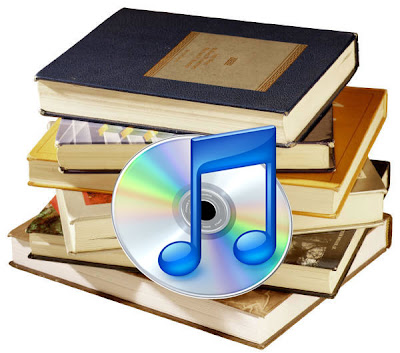 The music industry is in trouble. No surprise there. CD sales are falling as digital services try to figure out how to entice consumers to buy music they could download for free elsewhere. Interestingly, music fans have again and again said (in survey format) that they'd happily use legal options to listen to music, if any half decent ones existed.
The music industry is in trouble. No surprise there. CD sales are falling as digital services try to figure out how to entice consumers to buy music they could download for free elsewhere. Interestingly, music fans have again and again said (in survey format) that they'd happily use legal options to listen to music, if any half decent ones existed.But, they don't.
Enter Sony and the company's new e-book reader, just announced today. The reader itself is nothing special, similar to Amazon's own Kindle DX but minus any sort of web browser. What is impressive is the addition of a "check-out" or "rental" system for borrowing e-books from your local library. Without going into details (find them at Ars Technica here) you can download a DRM'd e-book for a few weeks. At the end of those weeks, the book disappears, just as if you had "returned" it to the library.
This could work for the music industry.
iTunes, or a similar service, could offer music "rentals" or "check-outs" for free -- no strings attached. Users have that music to listen to for two weeks at most (any longer and you might think you actually own that music and it's important that no impression of ownership is imparted, see below). At the end of that time, the DRM yanks the music back into the online library of music, but not before offering to sell you the music for $0.99 or whatever.
Why would this work when previous DRM schemes have failed? Because there's no impression of ownership. When I buy a track for $0.99, I assume I now own that track. In the same way, when I buy a candy bar for $0.99, I eat it because I own it. If someone were to come along and take away my candy bar, I'd be pissed because I paid for it. In the same way, people get pissed when music they paid for gets taken away by DRM for whatever reason.
If they don't pay for it, there's no anger. If a service makes it clear you are "borrowing" music for a limited amount of time, no one complains.
The library service, if replicated properly digitally, could take a bite out of illegal file sharing and -- gasp -- even push music sales by letting people legally try music before buying it. That's what I -- and most other consumers -- want after all.
So, iTunes, where can I apply for my library card?

0 comments:
Post a Comment